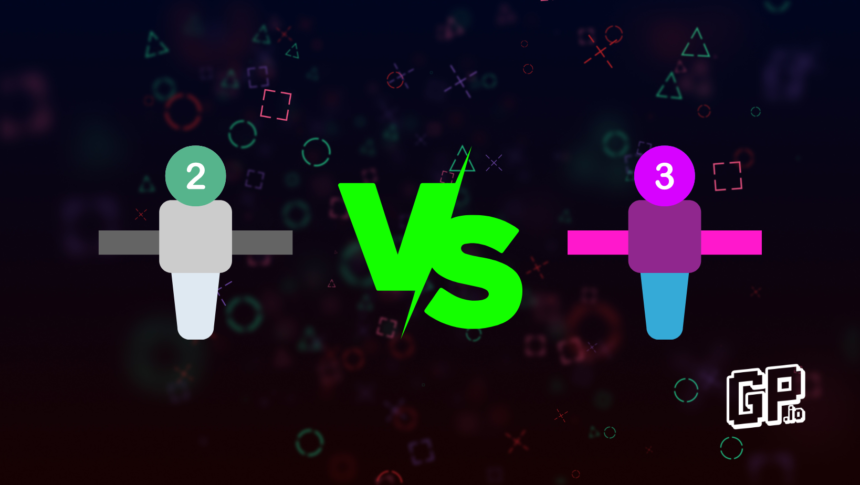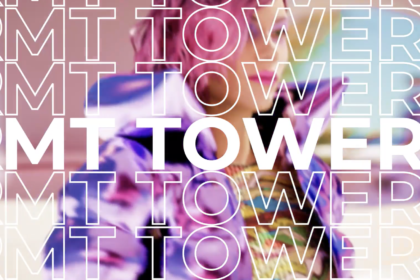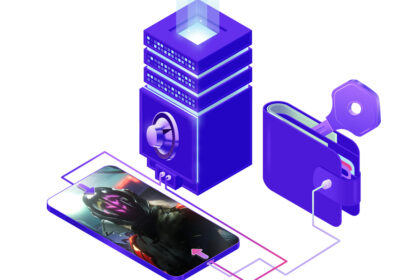Web3 technology has transformed various aspects of our lives, and gaming is no exception.
With the rise of blockchain technology and cryptocurrency, Web3 games have emerged as a new trend in the gaming industry. The question arises whether these new Web3 games will replace classic games. In this article, we will explore the potential of Web3 games and how they compare to classic games.
What are Web3 Games?
Web3 games are games that utilize blockchain technology and cryptocurrency to enhance gameplay and provide a new level of ownership and control to the players. In contrast to classic games, where players do not have control over in-game assets and progress, Web3 games offer players complete ownership of their assets, and players can monetize their in-game achievements. Moreover, Web3 games can leverage blockchain technology to create decentralized gaming ecosystems, which eliminate the need for a centralized authority to govern the game’s rules and regulations.
The Potential of Web3 Gaming
Web3 games have immense potential to disrupt the gaming industry by providing a new level of ownership and control to the players. The decentralized nature of Web3 games means that players can monetize their in-game assets and progress, and they can even earn cryptocurrency by playing the game. This incentivizes players to spend more time in the game and increases the game’s engagement and longevity.
Furthermore, Web3 games can create a new economy within the game, where players can trade in-game assets and currency with other players. This creates a new level of financial freedom for players, where they can earn a living by playing games. This especially appeals to players in developing countries, where traditional employment opportunities may be limited.
Classic Games vs. Web3 Games
Classic games have been a part of the gaming industry for decades and have established a significant player base. However, Web3 games offer a new level of ownership and control that classic games cannot match. In classic games, players do not have control over in-game assets and progress, and they cannot monetize their achievements. This limits the player’s freedom and reduces the game’s engagement and longevity.
Moreover, classic games are governed by centralized authorities that control the game’s rules and regulations. This creates a potential for corruption and favoritism, which can harm the player’s experience. In contrast, Web3 games are decentralized and governed by smart contracts, which eliminate the need for centralized authority and ensure fair gameplay.
Challenges Facing Web3 Game Industry
Despite the potential of Web3 games, they face several challenges that could hinder their growth and adoption. One of the main challenges is the complexity of the technology. Blockchain technology and cryptocurrency can be confusing for the average gamer, and the steep learning curve may deter players from trying Web3 games.
Moreover, the lack of regulation in the cryptocurrency market may also pose a challenge to Web3 games. As the market is unregulated, players may hesitate to invest in in-game assets or cryptocurrency, fearing potential scams or frauds.
The Future of Blockchain Games
The gaming industry is constantly evolving, and Web3 games are an exciting new development in this space. While it is unlikely that Web3 games will completely replace classic games, they offer a new level of ownership and control that cannot be matched by classic games.
As technology continues to improve and the adoption of blockchain technology and cryptocurrency increases, Web3 games will become more accessible and appealing to the average gamer. This could lead to a new era of gaming, where players have complete control over their in-game assets and progress, and they can earn a living by playing games.









